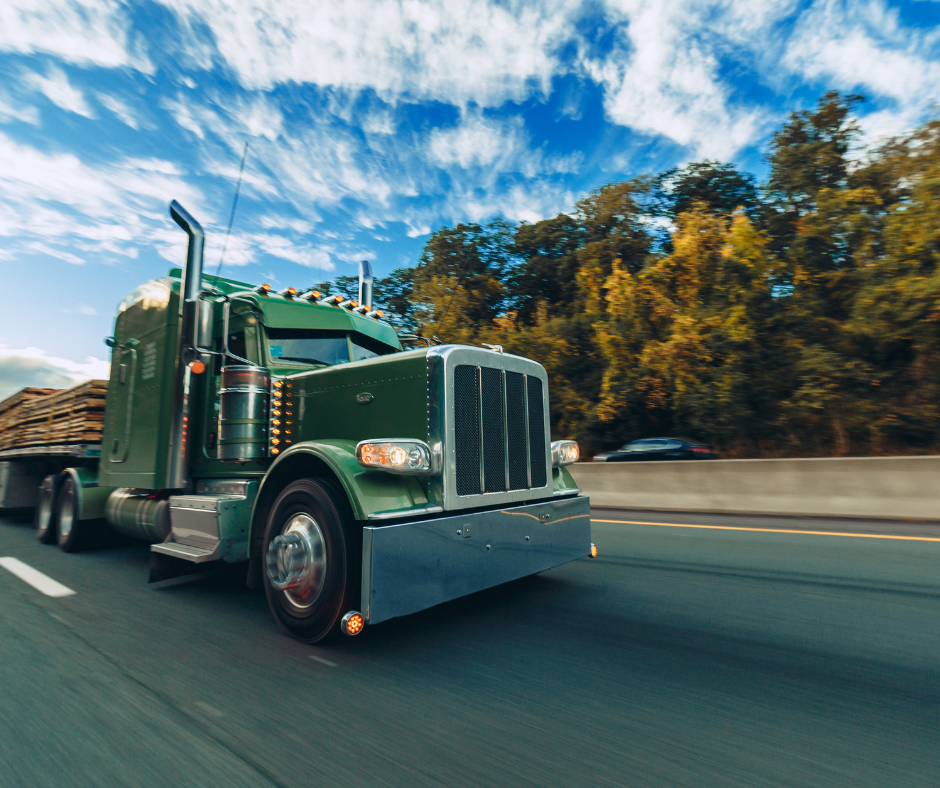Dash Cams For Truckers
- Samantha Allen

- Sep 5, 2023
- 3 min read
Updated: Oct 5, 2023
Truck drivers face countless challenges on the road, from unpredictable weather conditions to aggressive drivers. To mitigate risks and protect themselves, their cargo, and their livelihood, many truckers are turning to technology – specifically, dash cams. Let’s explore why truck drivers should use dash cams, how to choose the right one for your truck, and what you can expect to pay for this valuable tool (as well as a few product recommendations)!

Why should truck drivers use a dash cam?
Evidence in Accidents: Accidents can happen, even to the most skilled and cautious drivers. A dash cam can provide crucial evidence in case of accidents, helping to determine fault and protect your reputation.
Insurance Benefits: Many insurance companies offer discounts to truckers who install dash cams. This demonstrates your commitment to safety, which can result in lower premiums.
Improved Awareness: Truckers are susceptible to errors, often stemming from the challenges posed by blind spots due to the size of their vehicles. In these situations, truckers can greatly benefit from dash cams, which act as an additional set of eyes, improving awareness in monitoring and effectively addressing blind spots.
Security: Trucks can be easy targets for thieves when parked overnight in an unsecured location. Dash cams can provide an extra layer of protection by furnishing law enforcement with records following a break-in.
Peace of Mind: Having a dash cam can give truckers peace of mind, knowing that their actions are documented, and they can prove their innocence in case of false accusations.
How should you choose a dash cam for your truck?
When selecting a dash cam for your truck, several factors should be considered:
Video Quality: Look for a dash cam with at least 1080p resolution for clear footage. Higher resolutions like 2K or 4K provide even better image quality.
Field of View: A wider field of view captures more of the road, reducing blind spots. A range of 120 to 170 degrees is typical.
Night Vision: Ensure the dash cam has good low-light performance or night vision capabilities for recording during nighttime driving.
Storage Capacity: Choose a dash cam that supports large-capacity memory cards or has ample internal storage for longer recording times.
Loop Recording: Dash cams with loop recording overwrite old footage when the memory is full, ensuring continuous recording.
G-Sensor: A G-sensor can automatically lock and protect video footage in the event of a sudden impact or collision.
Parking Mode: Some dash cams have parking mode features that record when your truck is parked, providing security while you're away.
Connectivity: Consider whether you want a dash cam with Wi-Fi or Bluetooth connectivity for easy file transfer and access to settings.
GPS Capability: Not all dash cams have GPS tracking. Consider getting a dash cam with GPS capabilities to capture locations with a matched timestamp.
How much do dash cams cost?
Dash cam prices can vary widely based on features and quality. Here's a rough breakdown:
Basic Dash Cams: Entry-level dash cams can cost as little as $50 to $100. These offer essential recording functions but may lack advanced features.
Mid-Range Dash Cams: Dash cams with better video quality and additional features like GPS, Wi-Fi, and G-sensors typically range from $100 to $300.
High-End Dash Cams: Top-tier dash cams with 2K or 4K resolution, wide-angle lenses, and comprehensive security features can cost $300 or more.
What are some examples of dash cams?
Basic Dash Cam: Dash Cam Front with 32G SD Card, BOOGIIO 1080P
Mid-Range Dash Cam: Garmin 010-02505-05 Dash Cam 67W
High-End Dash Cam: Garmin Dash Cam 55
Ready to START, DRIVE, & ACCELERATE your trucking business? Check out our course here!

Interested in being notified when more free resources are available? Subscribe down below and you'll be the first to know!
Soshaul Logistics LLC and its affiliates do not provide tax, legal or accounting advice. This material has been prepared for informational purposes only, and is not intended to provide, and should not be relied on for, tax, legal or accounting advice. It is meant to serve as a guide and information only and Soshaul Logistics, LLC does not assume responsibility for any omissions, errors, or ambiguity contained herein. Contents may not be relied upon as a substitute for the FMCSA's published regulations. You should consult your own tax, legal and accounting advisors before engaging in any transaction or operation.







Comments